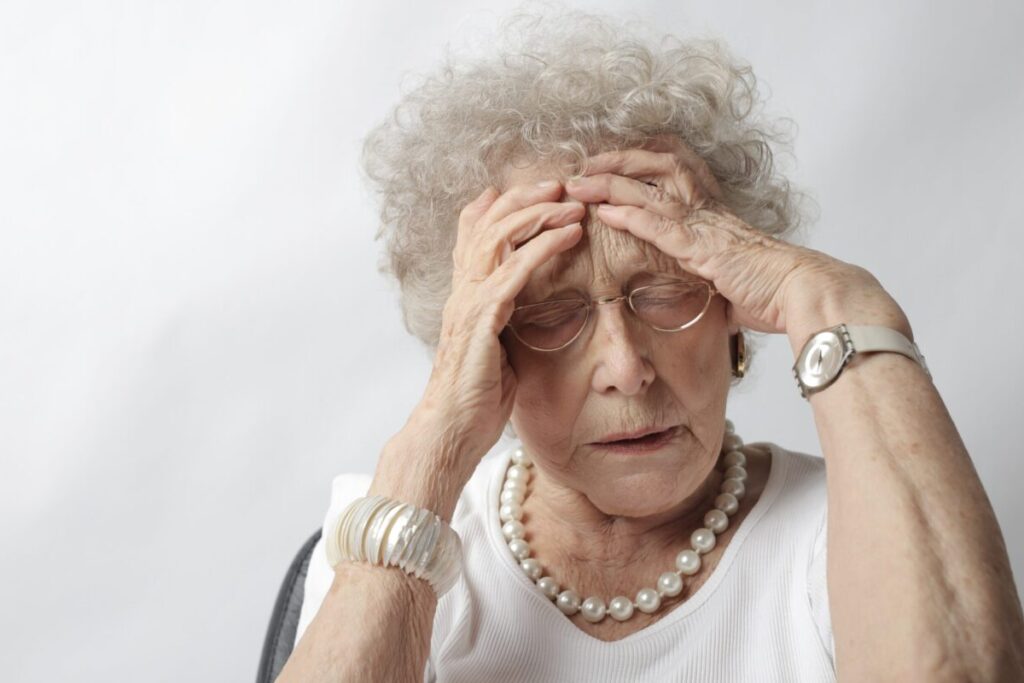Part of Our Ongoing Series Examining Issues of Concern to Older Americans
Elder abuse is a serious and growing problem that affects millions of older adults around the world. According to the World Health Organization, elder abuse can take many forms, including physical, emotional, sexual and financial abuse, as well as simple neglect. This mistreatment can have devastating consequences for the victims, including physical injury, psychological trauma, loss of independence and even premature death. Let’s take a closer look at this scourage.
One of the key factors that contributes to elder abuse is the vulnerability of older adults. As people age, they often become more dependent on others for care and support. This can lead to create power imbalances and opportunities for abuse. Older adults may also be isolated from family and friends, making it harder for them to seek help or report abuse. In addition, some older adults may have cognitive impairments or physical disabilities that make them even more vulnerable to abuse.
Another factor that enables elder abuse is a lack of awareness and understanding of the problem. Many people are simply unaware of the signs of elder abuse. Others may not know how to report suspected abuse. There is also a prevalent societal attitude that older adults are a burden or that abuse is a private family matter, which can discourage people from getting involved.
A multi-pronged approach is needed to effectively address and stop elder abuse. First and foremost, it is essential to raise awareness and educate the public about the signs of elder abuse and how to report it. This can involve public awareness campaigns, training for healthcare professionals and the development of national policies and legislation to protect older adults.
Secondly, it is crucial to provide support and resources for older adults and their caregivers. This can include the establishment of adult protective services, respite care programs and financial assistance for those in need. It is also important to ensure that older adults have access to quality healthcare, social services and other resources that can help them maintain their independence and reduce their vulnerability to abuse.
Another key strategy for preventing elder abuse is to promote the empowerment and inclusion of older adults in their communities. This can involve providing opportunities for older adults to participate in social, educational and recreational activities, as well as encouraging them to be active in their own healthcare and decision-making processes.
Finally, it is essential to hold perpetrators of elder abuse accountable for their actions. This can involve the development of stronger laws, enforcement mechanisms, and harsher penalties as well as providing support and resources for victims and their families.
* * * * * * * * * * * * * * * * * *
So there you have it. Elder abuse is a complex and multifaceted problem that requires a comprehensive and collaborative approach if we are to defeat it. . By raising awareness, providing support and resources, promoting the empowerment of older adults and holding perpetrators accountable, we can work to prevent elder abuse and ensure that all older adults are treated with the dignity and respect they deserve.
By Steven Roberts



